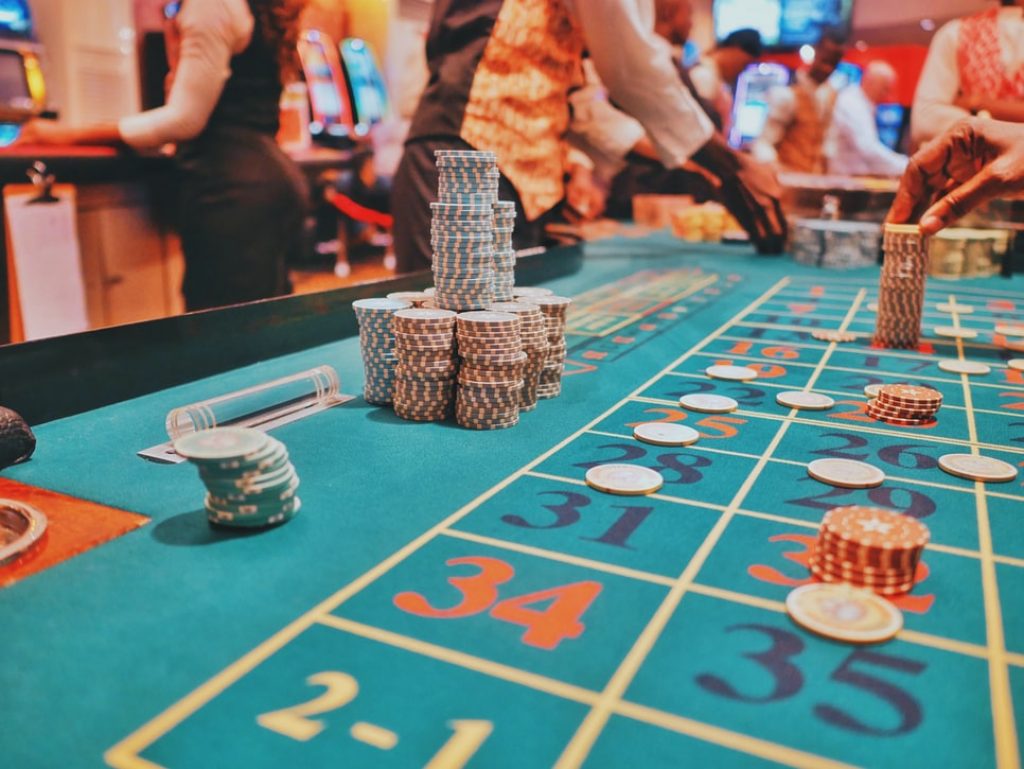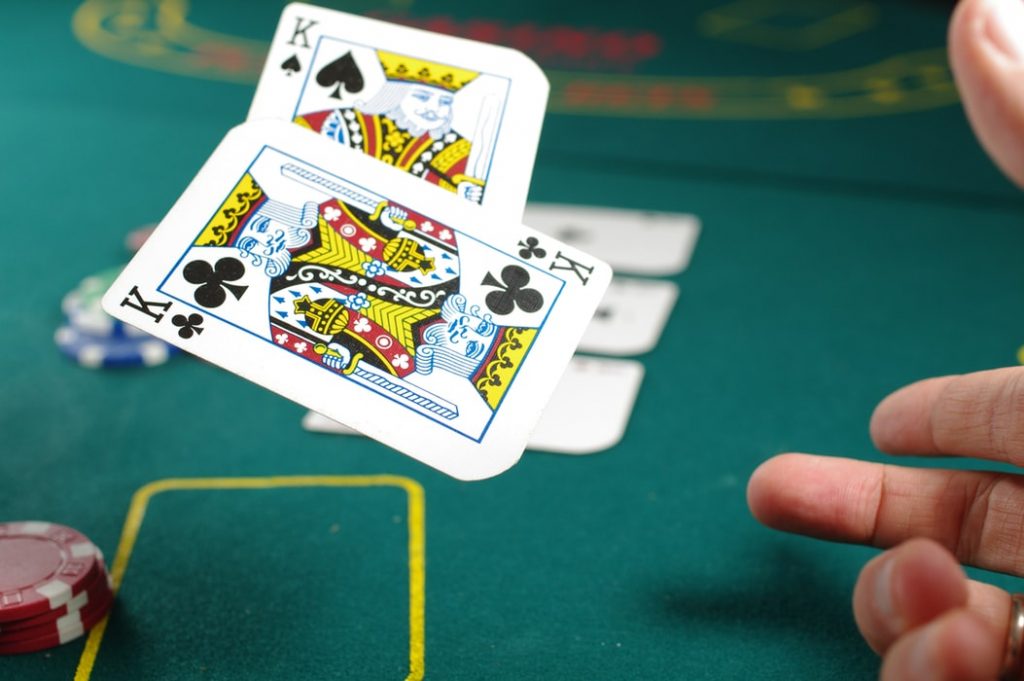
Whether you’re gambling on the go, in the privacy of your home, or your favorite brick-and-mortar casino, you – and millions of gamblers alike – are not invulnerable to the threat of gambling addiction, the global problem with the rates from 0.12% to 5.8% depending on the country.
Fortunately, the perception of gambling addiction has made a long way from non-recognition to acknowledgment. For decades gambling addiction was believed to be a mere impulse control disorder (the inability to control a craving for intense pleasure), but now we know that it actually rewires the brain by affecting its pleasure, memory, and motivation regions akin to drugs. Just as dangerous as cocaine and amphetamine, gambling addiction cannot be underestimated and must be treated professionally as most gambling addicts are unable to help themselves.
The best treatment, though, is preventing the problem in its infancy. This is possible as long as you take it seriously regardless of whether you’re playing every day or once a month, online at your favorite casino online or in your local land-based venue. You can read about both at KasynoHEX.
Without further ado, let’s define the main dangers of online and physical casinos.
Table of Contents
Uncertainty of Reward is as Dangerous as the Actual Reward

Source: unsplash.com
Counter-intuitively, the uncertainly of reward – be it the jackpot size, the probability of winning, or whether the long-awaited game is delivered to your casino – releases dopamine just like eating, sex, and drugs do it. As you’re getting closer and closer to discovering whether the reward is there for you, dopamine releases more and more intensively, making the respective pathways hypersensitive, seeking further and greater reward.
What’s more, the very process of dopamine release changes in addicts, who react to losing money like if they’re winning it since their brain releases the rewarding dopamine irrespective of the game outcome, making the situation even worse.
Immersive Environment Grabs Your Attention

Source: unsplash.com
But gambling is not just about winning, losing, and anticipating. For many, it’s all about the immersive environment of flashing lights, sounds, always-at-your-beck-and-call smiling dealers, and mind-bending bonuses. All these factors create an illusion of the world of pleasure and success, a world much better than the one you’re living in.
Familiar jingles, flashes of light, and other little tricks provide you with the win-associated cues that you want to experience over and over again, playing faster at risking even more. At the end of the day, you always feel like winning – even if your pockets are empty. Modern technologies along with advanced marketing techniques grab your attention once and for all, leaving you with no chance but to play more.
You’ll Definitely Get Lucky the Next Time…Except for You Won’t

Source: unsplash
The effect of near-miss isn’t unique to gambling – the trick used in gaming as well – but it’s one of the smartest and the most addictive elements wherever it’s used. At its core lies the programmable nature of games.
All slots and again-the-machine games are run by Random Number Generators, which determine the result once you push the ‘Play’ button, and then you see the visual representation of the already generated outcome. Not only are the RNGs programmed to issue the results with a certain predetermined long-run RTP (return to player) ratio, but they are also programmed to set the reels to stop just short of arranging a winning combo, creating a feeling that you were so close to winnings that it must necessarily happen the next time.
How to Withstand Gambling Addiction

Source: unsplash
The first step – and the most difficult one – is to admit the very existence of the problem. The symptoms vary depending on the stage, but the common ones are ever-increasing wagers, the inability to resist the desire to play, revenge gambling, problems with budget management, and gambling to suppress feeling or escape reality. Even an abstainer may have some of these symptoms, but it’s the combination of many that gives away the addiction.
But once the addiction – or the fact of being in the risk group – is acknowledged, you’re already past 80% of addicts that will never admit their state, and therefore you have all the chances to fix it on your own by
a) Solving the real-life problem that makes you gamble.
b) Channeling your energy to other niches: traveling, sports, reading, etc.
c) Joining online communities of people battling gambling addiction.
And if you or your close one are unable to fight alone – or have a relapse, which is the case with 75% of gambling addicts – then it might be reasonable to ask for professional help, which may include family therapy, rehab programs, career counseling, and other treatment. The bottom line is, don’t even think of giving up!
Extra Tips to Avoid the Trap of Gambling Addiction

Source: unsplash.com
As it has been said numerous times throughout this piece, preventing the addiction – or even battling it in its infancy – is bazillions times easier than dealing with the full-fledged problem. Luckily, even if you can’t avoid gambling, there are still some techniques that you can apply to your favorite routine:
● Play for free. Some might claim free gambling is even more addictive, but that’s not the case for a number of reasons. First of all, free gambling allows you to control your emotion, staying emotionally detached from what’s going on on the screen. Secondly, it gives you the feeling of safety that you cannot get when the risks are hanging over you. Last but not least, it allows you to learn the game and maybe change your mind about it.
● Manage your budget. The gambling multiverse is so broad that there are tons of games for any budget. If you don’t have enough experience in gambling, start with the game accepting the lowest possible bet, which is usually a cent. Then you can increase the stake as you gain more confidence in what you’re doing.
● Manage your time. You can manage your time just the way you do it with your budget. Regardless of whether you’re winning or losing, you shouldn’t play for too long, which means you should have a certain timeline allocated for gambling in the first place.







